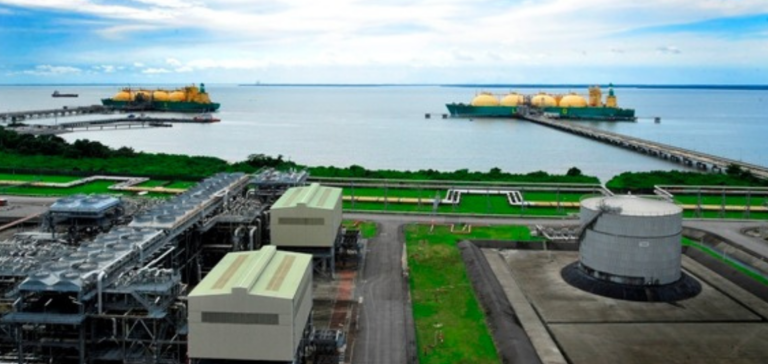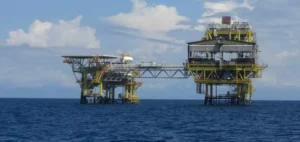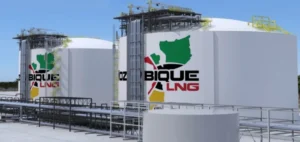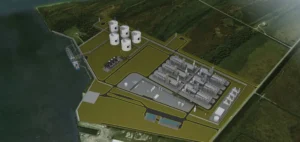Nigeria’s LNG export facility at Bonny, which has a nominal capacity of 22.5 million tons per year (31 billion cubic meters per year), has remained in a state of force majeure for over a year due to ongoing disruptions in gas supply. This is due to the impact of flooding on the ability of gas suppliers to supply the plant.
A spokesperson for Nigeria LNG (NLNG) said:
“Gas supplies to the Bonny plant are still severely constrained, keeping production well below capacity.”
Impact on LNG production capacity
The plant is currently being expanded to a capacity of 30 million tonnes per year with the addition of a seventh production unit. Last year, Nigeria’s LNG exports reached around 14.7 million tonnes, according to data from S&P Global Commodity Insights, and this year they have reached 12.5 million tonnes so far.
Major importers of Nigerian LNG in 2023
Spain was the main importer of Nigerian LNG in 2023, with imports of 3.3 million tonnes, followed by Portugal (1.4 million tonnes) and China (0.9 million tonnes).
Challenges in gas supply and LNG pricing
Philip Mshelbila, Managing Director of NLNG, said that disruptions to gas supplies continue due to recurring sabotage attacks on pipelines and low production from aging wells. “The company is experiencing difficulties in obtaining an adequate supply of gas, resulting in underproduction at less than 50% of total installed capacity,” he said. He added that NLNG was looking to source gas from outside its traditional suppliers to improve the performance of the site’s six existing units. Disruptions to the gas supply had already reduced the plant’s output to 68% of its rated capacity last year.
Meanwhile, spot LNG prices remain high, with the Platts JKM reference price for delivery in Northeast Asia valued at $15.56/MMBtu on November 7, according to data from S&P Global Commodity Insights.
Nigeria’s LNG export facility at Bonny continues to face significant challenges due to ongoing force majeure caused by disruptions in gas supply. This situation highlights the need for Nigeria to diversify its gas supply sources to guarantee stable production and support the country’s economic development, in line with the “Decade of Gas” launched in 2021.






















